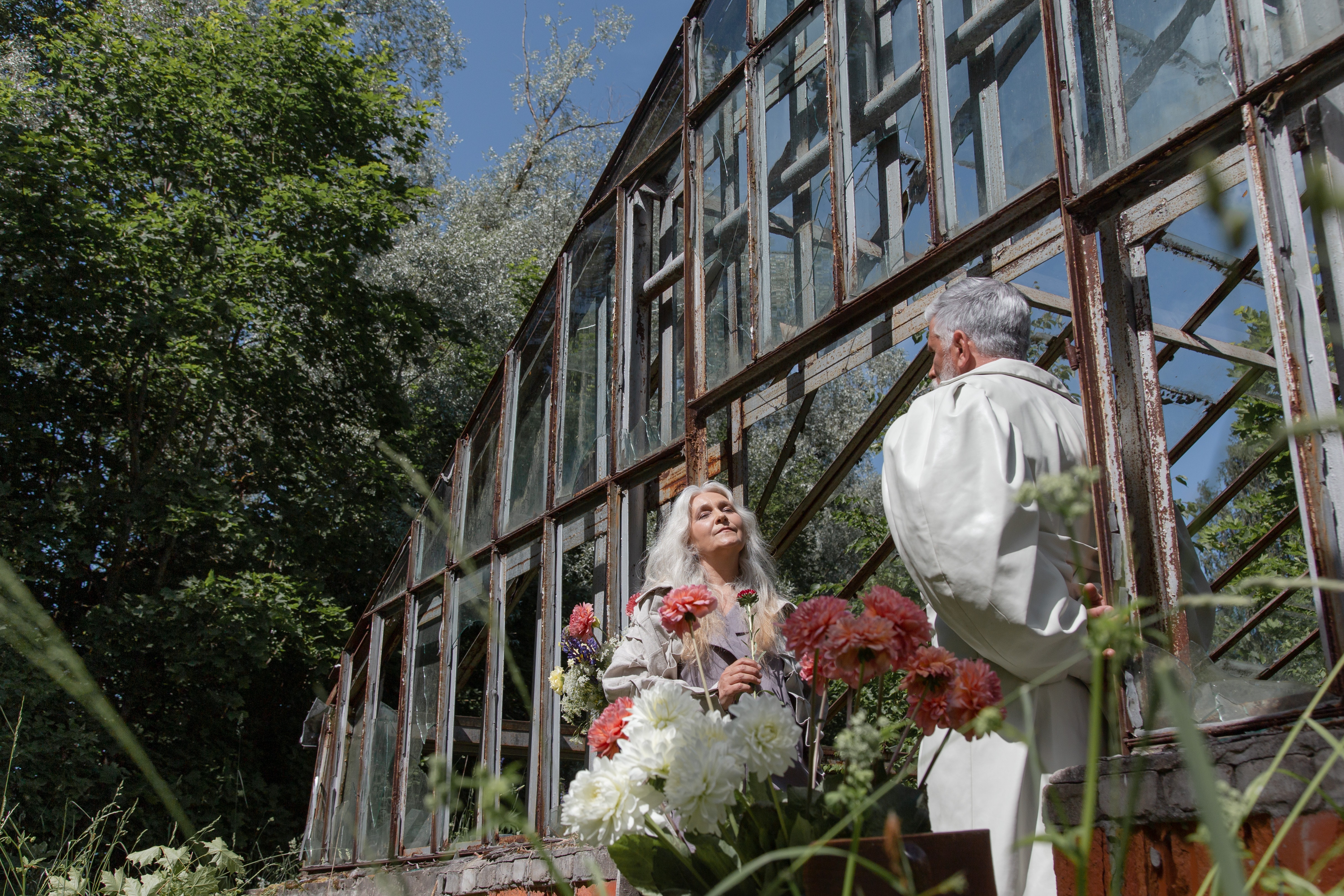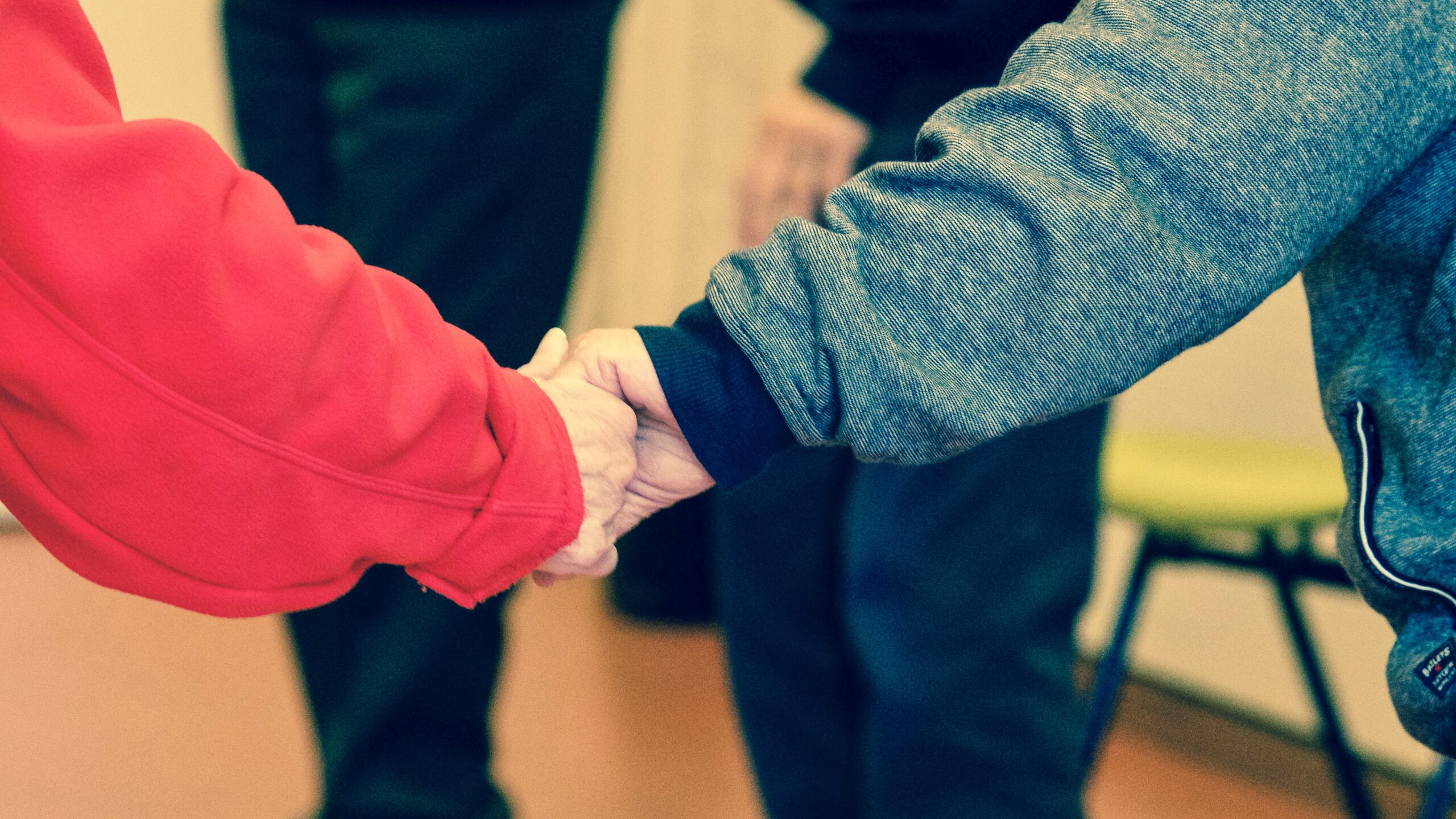Let us go into the definition of caregivers, the 4 types of caregivers, and the duties they perform.
Everyone needs assistance from time to time, and while many seniors rely on friends and family members for assistance, there may be times when further assistance or long-term care is required. Any senior who requires a little additional assistance in their daily lives may benefit from the services of a family caregiver, but they are not always available for long-term care. A private-duty home elder caregiver is the next best thing in this situation. These specialists may be the ideal solution for persons who want support with non-medical parts of their lives that have become difficult as a result of aging.
What Exactly Are Caregivers?
Anyone who provides care for another person is referred to as a “caregiver” or “caretaker.” Family caregivers and respite carers are two categories of caregivers that provide particular care. Caregivers can alleviate difficulties and assist those in need. They may assist for an extended time or for a little time, but their care is always essential. Let’s take a deeper look at the 4 types of caregivers.
What Are 4 Types Of Caregivers?
There are 4 types of caregivers in general. If you are new to the world of caregivers, you may be wondering what different sorts of caregivers exist. Here is a short overview of the 4 types of caregivers.
Home Health Care Caregivers

Home health is the umbrella term for insurance-covered treatment. A home health caregiver can provide physical and occupational treatment, as well as nursing and speech therapy. If someone is recovering at home after an injury or illness, home health care can be quite beneficial.
Home health caregivers often visit the patient two to three times per week to assist with basic tasks such as washing and grooming. Caregivers are not permitted to undertake housework or cooking under Medicare. Their function is primarily confined to assisting the patient in regaining their independence. Receiving care at home is likely the most adaptable choice. Caregivers who come into the house can provide services ranging from a few hours of supervision per week to round-the-clock care.
Nursing Homes

A nursing home typically provides two types of care: short-term rehabilitative treatment and long-term care for chronic diseases. Patients undergoing rehabilitative treatment, usually as a result of an acute illness or surgery, may remain at the institution as long-term care patients if they do not regain the capacity to live in their old environment. Long-term care units are often located in a distinct portion of the institution, and patients must change rooms.
Nursing facilities frequently offer social and community activities in addition to providing medical aid and personal care. Staff and recreational helpers are frequently on hand to assist persons with physical or mental limitations. In a nursing home, you might have the option of a private or semi-private room. Rooms may have private bathrooms or share a bathroom with two other rooms. Meals are served three times a day in a communal environment or, if necessary, delivered to the patient’s room.
Family Caregiver

A family caregiver is a relative who offers emotional, financial, nursing, social, homemaking, and other services to an ill or handicapped loved one at home on a daily or intermittent basis. Most family caregivers provide their time for free to assist with a loved one’s care requirements.
These caregivers are also always linked in some manner to the person receiving care. Family carers are not constraining the same state standards that govern hired caregivers, which can be both beneficial and detrimental. The good news is that family carers can provide whatever assistance their loved one requires. The bad news is that this places a tremendous amount of pressure on someone to do complicated medical duties, frequently without any training. Except for state-specific initiatives, family carers rarely compensate. The economy will save a lot of money in the short run. However, the cost to the family caregiver is quite substantial, due to missed income and difficulty returning to work.
Adult Daycare Centers

Adult daycare is available for seniors who do not thrive in their home environment alone. It provides seniors with the chance to engage in stimulating social, cognitive, and physical activity outside of the home for a portion of the day. Your loved one may be unsafe alone, unable to conduct everyday duties, and spend most of the day alone. Adult daycare may be an excellent solution to these issues.
They can be nonprofit or public, and they can be associated with multi-service companies such as home care, assisted living, nursing facilities, and hospitals, as well as religious and other non-profit organizations. Adult daycare facilities give care to individuals in a communal environment. The programs specifically intend to provide medical, social, and other sorts of help in a secure setting. Their services are available during the day when individuals require supervised care outside of their homes. Consider this type of care if your loved one is isolate for a lengthy amount of time is hazardous to leave alone or is unable to handle their daily routines on their own.
Caregivers’ Common Responsibilities
- Regardless of the sort of caregiver, most do some or all of the following:
- Bathing and dressing assistance
- A little housekeeping
- Transportation
- Moving assistance from one location to another
- Grocery shopping, meal planning, and preparing
- The physical and mental workouts
- Checking the blood pressure and insulin levels, as well as other minor medical activities.
- Companionship and emotional assistance
The Ending Note
It is critical to understand the 4 types of caregivers and the assistance they can provide. As a caregiver, ensure that you are receiving the assistance you require to care for yourself and the person you are caring for. If you are getting care from a caregiver, be careful to convey your requirements and express your gratitude.
Caregivers of all types provide caring and committed assistance. Caregivers are sometimes the sole companions of those who do not have a family. They put in long hours and attend to people’s most intimate and sensitive needs.
We couldn’t care for our loved ones, friends, or families without caretakers. Caregiving can be thankless work at times, but with several industry alternatives, it can also be a gratifying profession to have.

